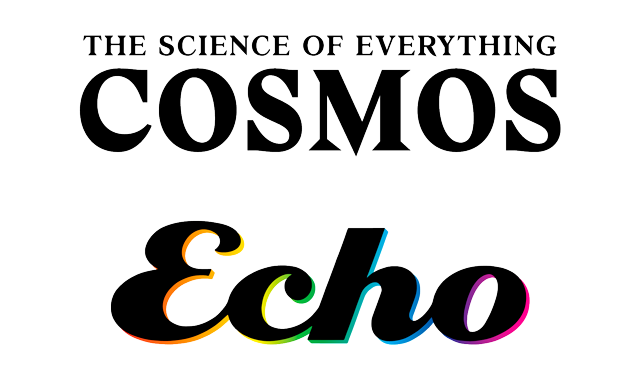Brought to you by The Echo and Cosmos Magazine
As medical experts scramble to manage demand, how effective are digital interventions?
Depression is predicted to become the leading global cause of loss of life years due to illness by 2030, yet fewer than one in five people who suffer depression receive appropriate care. And there are worrisome signs the COVID-19 pandemic is exacerbating triggers of the disease.
As the burden of disease rises around the world, mental healthcare systems, many of which are already patently inadequate, will be stretched thin.
That’s why many experts are turning to digital interventions to help manage surging demand, packaging up psychotherapeutic treatments into computer programs and apps that can be used at home. But how effective are digital interventions? And will people accept therapy without a human face?
These are the questions an international team of researchers from Finland, Germany, the Netherlands and Italy sought to answer through a systematic review and meta-analysis published today in Psychological Bulletin. The team analysed 83 studies published between 1990 and 2020, reporting on 15,530 individuals, making it the largest and most comprehensive analysis of digital mental healthcare to date.
The findings, while mixed, are promising.
Software alone not enough
The data suggests that digital interventions are effective in the treatment of depression, but the best results come when a digital program is augmented by support from an actual human. That’s when digital therapy can actually rival the effectiveness of face-to-face therapy.
‘Digital interventions could provide a viable, evidence-based method of meeting the growing demand for mental healthcare, especially where people are unable to access face-to-face therapy due to long waiting lists, financial constraints or other barriers,’ says Isaac Moshe, lead author of the study and a PhD researcher at the University of Helsinki. But, he notes, ‘software alone just isn’t enough for many people, especially individuals who suffer from moderate or more severe symptoms.’
Interestingly, the researchers found that while a level of human support behind a digital program was important, there was no marked difference in outcomes whether that support was provided by a highly experienced clinician or someone with less experience, such as a student or trainee. Moshe says that means digital programs could be scaled up by relying on less experienced practitioners, and offer a powerful solution to a growing problem.
Even with the assistance of a clinician, however, there are barriers to the uptake of digital healthcare.
According to one industry-based poll, major barriers include cost, security concerns and a lack of digital savviness among patients. Another major therapeutic concern is the idea that spending time working face-to-face with a human builds trust and a sense of alliance. This is particularly true among older generations.
Digital healthcare is also generally only appropriate for those who can afford the means to access it through a mobile phone or computer. That means it’s inaccessible for many people living in poverty or in remote communities.
AI has a role to play
The researchers also say artificial intelligence may have a role to play, principally in flagging risk factors for mental health, as well as helping clinicians develop tailor-made interventions.
‘Over three billion people now own a smartphone and wearable devices are growing in popularity,’ explains Lasse Sander from the University of Freiburg, who led the research team. ‘These devices produce a continuous stream of data related to a person’s behaviour and physiology. With new developments in artificial intelligence and machine learning, we now have promising methods of using this data to identify if someone is at risk of developing a mental illness.’
Moshe cautions that the results are focused on moderate depression, and that digital interventions may not be sufficient to cater to severe cases.
‘There are very few studies involving people with severe depression or individuals at risk of suicide, leaving the evidence unclear for the role of digital interventions for the treatment of severe and complex depression,’ he says.
This article was originally published on Cosmos Magazine and was written by Amalyah Hart. Amalyah Hart is a science journalist based in Melbourne.






Time to rethink institutional correction.
Global warming, Species extinction, over-population, national and international politics, Scott Morrison, Donald Trump, Kyle Minogue, Guy Sebastian and RAP…. AND covid !
If you aren’t depressed, you’re obviously insane.
Cheers, G”)
Forget the digital, most problems stem from what’s artificially septic to the brain.
Liars & cheaters weaken our senses so it’s either face to face or Lifeline that can
often help deal with various setbacks & self worth.